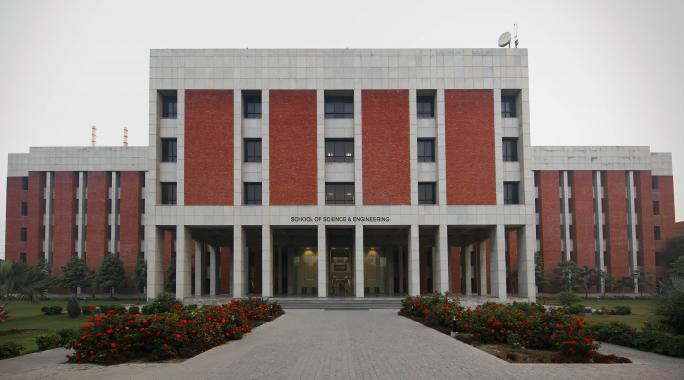Monday, April 3, 2017

Dr. Adeel Pasha, Assistant Professor and Director of the Electronics and Embedded Systems Lab (EESL) at the Department of Electrical Engineering (EE), Syed Babar Ali School of Science and Engineering (SBASSE) published an article at SIMULATION: Transactions of The Society for Modeling and Simulation International journal. SIMULATION is a renowned journal in the area of modeling and simulations that aims to help professionals and researchers, particularly those involved in multidisciplinary projects, apply advances in modeling and simulation theory, methodology and technology to their application areas. This article is a result of the work of two research assistants, who are also LUMS alumni, Mr. Umer Gul (BSEE-2014) and Mr. Muhammad Mushahar (BSEE-2013). Dr. Shahid Masud also contributed in editing the paper.
Title: A Simulation Framework for Code-Level Energy Estimation of Embedded Soft-Core Processors
Abstract: This contribution presents a simulation framework for code-level energy estimation of open-source MIPS R2000, LEON3 and openMSP430 embedded soft-core processors. The method proposed in this work is generic and can be extended to other processors and architectures. The framework consists of two modules: (i) An instruction-level power estimator module that estimates the average power consumption of individual machine instructions simulated using gate-level net-lists of the target processors. This module is used to create instruction-level power consumption databases of the target processor; (ii) A high-level energy estimation module parses the assembly code written for a target processor and gives the estimated energy consumed while keeping the inherent data and control dependencies into consideration. Our proposed framework, therefore, provides rapid offline code-level energy estimation using simulations and avoids the low-level hardware estimation overheads. The energy estimation time efficiency of our proposed methodology is evaluated by using different benchmarks against the results of other existing energy estimation frameworks such as SoftExplorer, TLM with ISS based simulation tool, SimplePower/Wattch and EPEM. These results indicate that our proposed framework is roughly one to two order of magnitude faster in energy estimation. From accuracy perspective, our energy estimations lie, on average, within 2% of those obtained from Wattch. The proposed tool is especially useful in estimating the algorithmic energy efficiency of various codes targeted at low/moderate-end embedded systems such as wireless sensor network (WSN) nodes.









